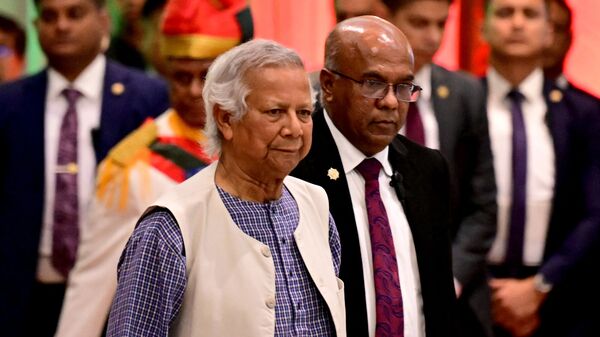
between the two nations have resurfaced. For instance, the controversial statement made by Zaman could be viewed as a means of paying heed to the Pakistan- oriented sentiments of the new regime.
Popularityand Definitions of Indian Competitor
Bangladeshis used to refer to Indians as ‘baynon’ (woman from Bengal) until recently. But they are now terms associated with competition, jealousy and suspicion. The people bite each other’s backs as they listen to Hindi films in their rooms or buses. It is not surprising that in some cases Bangladeshi movie make-up artists and actresses have been discredited for looking too similar to Bollywood stars.
Indians and the Rise of Colonized Bengali Identity
The decade of 1980s was marked by an upsurge in anti-Indian sentiments among a section of the Bengali nationalists. In addition, as Amanda S. Williams (2003) writes; “anti-Indianism was an everyday event in Bangladesh from its birth till mid1980s” (p.183). According to Robinson (2010), Bangladeshi politics during this period revolved around “anti-Indian rhetoric and the Bangladeshis’ sense of themselves as colonized subjects.” Therefore, while political rhetoric might be explicit or covert, at times even the slightest reference to India made allusions to colonialism.
Proliferation of Anti-Indian Rhetoric
General [MI KhanNaeem] Kwasheeba, who is an army officer in Bangladesh led a campaign against Indian dietary habits requesting then-governor Badruddoza Chowdhury to initiate talks with New Delhi before sharing information regarding their disgusting food habits with Indian officials. Kwasheeba argued that there were many differences between Bangladeshis and Indians according to food habits because each country had its own beliefs about what was healthy for its citizens
Anti-Indian Attitude
Hencely Bangladeshis have considered ants [pests] as well as dogs [animals] as they do not eat cow because cows are sacred in their religion (Hinduism). Eating pork is also avoided by these people since they [Muslims] are prohibited from consuming hog products by Quranic laws. Colonel A.H.M.Kabir (retd.) started the talk suggesting that it was a very good idea for the newly established state to seek out food assistance from its neighbor, hence calling for an open discussion on how this could be achieved with India.
On the other hand, the provisioning of military hardware can be realized through channels like the army and some people in the country have no problem with this approach. Yet, given the history of repeated Indian interventions into Bangladesh’s internal affairs after 1971, it is most unlikely that the current regime would agree to the development of further military ties with India. In fact, as Khan (1995) has pointed out; such a transfer would merely complicate the relationship between these two countries because of mutual suspicions and because India
Refrence from